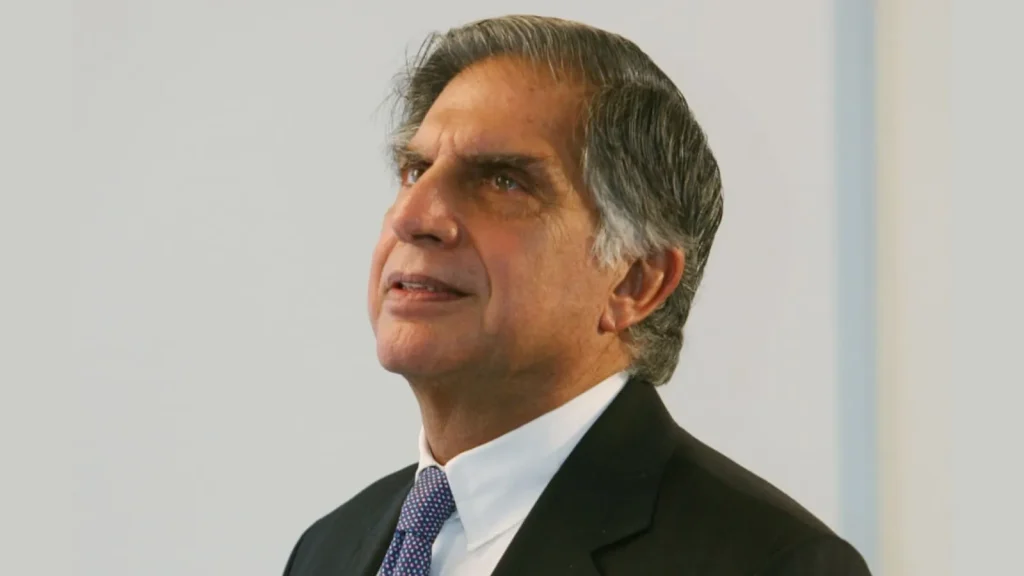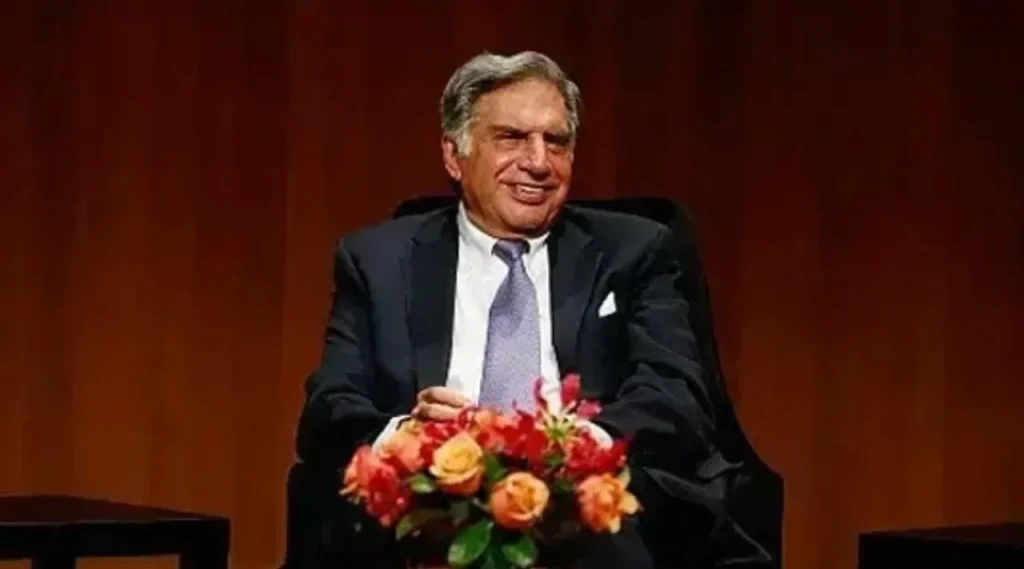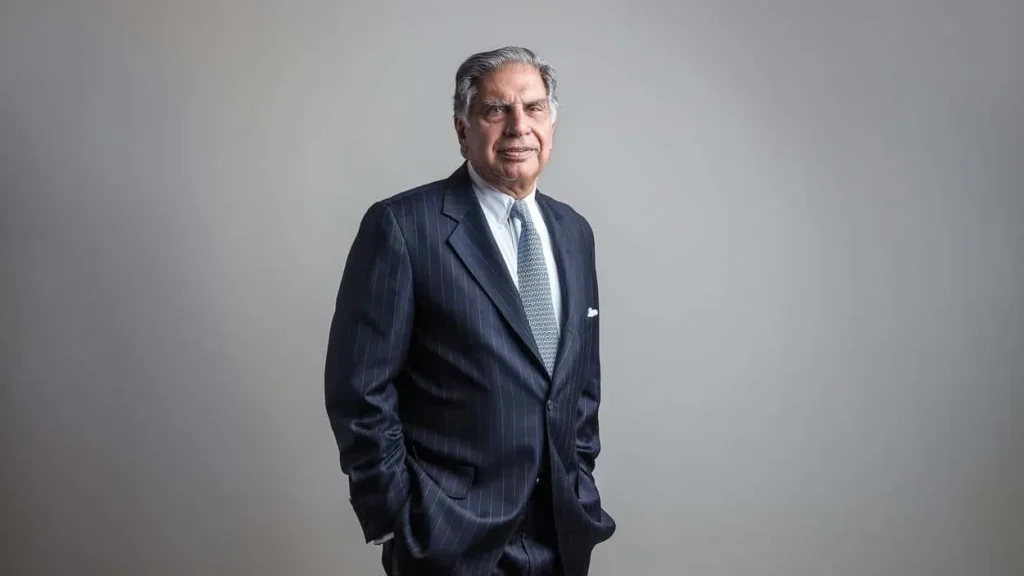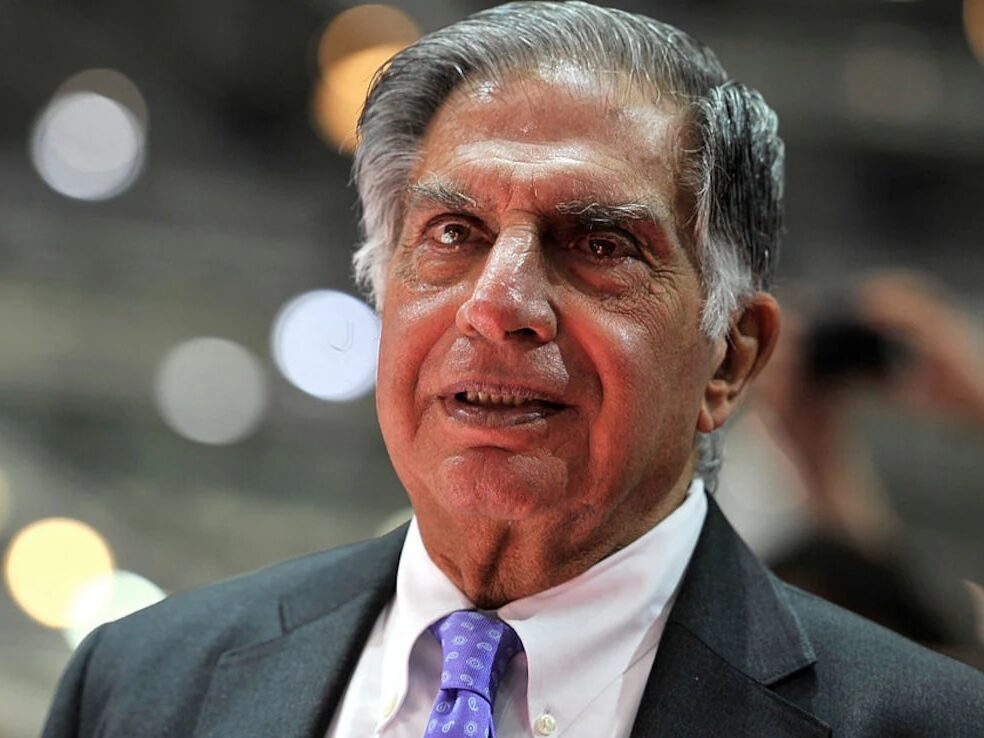Ratan Tata stands as one of India’s most esteemed business figures, revered not for his wealth but for his integrity and leadership. Although he may not have been among the wealthiest billionaires, his role as chairperson of the Sir Dorab Tata Trust and the Sir Ratan Tata Trust, which control 66 percent of Tata Sons, bestowed upon him significant influence over India’s largest and most respected business conglomerate.

The Enigma of Ratan Tata
Despite his prominence, Ratan Tata is known for his reclusive nature. His former executive assistant, R. Venkataraman, humorously noted that Ratan was closer to his pet dogs than to people. In a candid moment, Tata himself acknowledged, “I am not very sociable, but I am not anti-social.” This introspective side stems from a strict upbringing and a sense of loneliness. His father, Naval Tata, was a disciplinarian, enforcing decorum and humility, ensuring that Ratan and his brother never flaunted their wealth.
Shaped by Family Ties
Ratan’s formative years were significantly influenced by his grandmother, Lady Navajbai Tata, who instilled in him the rich legacy of the Tata family. With his mother leaving at a young age and his father remarrying, Lady Navajbai became Ratan’s anchor, introducing him to the profound history of the Tata Group and its commitment to industrial and social advancement.

Overcoming Initial Doubts
Despite Lady Navajbai’s faith in him, Ratan faced scepticism from senior figures in the Tata Group when he returned to India after studying architecture and engineering at Cornell University. Initially assigned to Jamshedpur without a clear role, Ratan felt like he was being tested. The legendary J.R.D. Tata, who had initially doubted Ratan’s capabilities, began to see his potential in the last years of his life, paving the way for Ratan to become the chairman in 1991.
Transformational Leadership
As chairman, Ratan Tata made bold moves to streamline the organisation, bringing down powerful executives who operated independently. He transformed from a shy, uncertain young man into a dynamic leader, taking risks that would elevate the Tata Group to new heights. His strategic acquisitions, including British Tetley and luxury car brands Jaguar and Land Rover, showcased his vision and ambition, despite criticism from analysts.

Commitment to Philanthropy and Ethics
Ratan Tata embodies the Tata legacy of philanthropy and ethical business practices. The Tata Group’s founder, Jamsetji Tata, set high standards for corporate responsibility, which Ratan upheld throughout his career. He lived modestly, often eschewing the lavish lifestyles of many billionaires, and his efforts in philanthropy have made the Tata trusts among the world’s largest charitable organisations.
Resilience Through Challenges
Throughout his career, Ratan faced challenges that could have tarnished his reputation. Scandals involving allegations against Tata executives and his controversial decision to oust Cyrus Mistry as chairman in 2016 momentarily clouded his image. However, the Supreme Court’s 2021 ruling vindicated Ratan, reinforcing his integrity and leadership.
A Legacy of Love and Admiration

Ratan Tata’s journey from an introverted child to a beloved business leader is a testament to his character, resilience, and commitment to making a positive impact on society. He has earned the affection of millions, not just for his business acumen but for the values he embodies—integrity, humility, and a dedication to uplifting others. In a world often driven by greed, Ratan Tata remains a beacon of hope, inspiring future generations with his legacy of love and responsibility.
